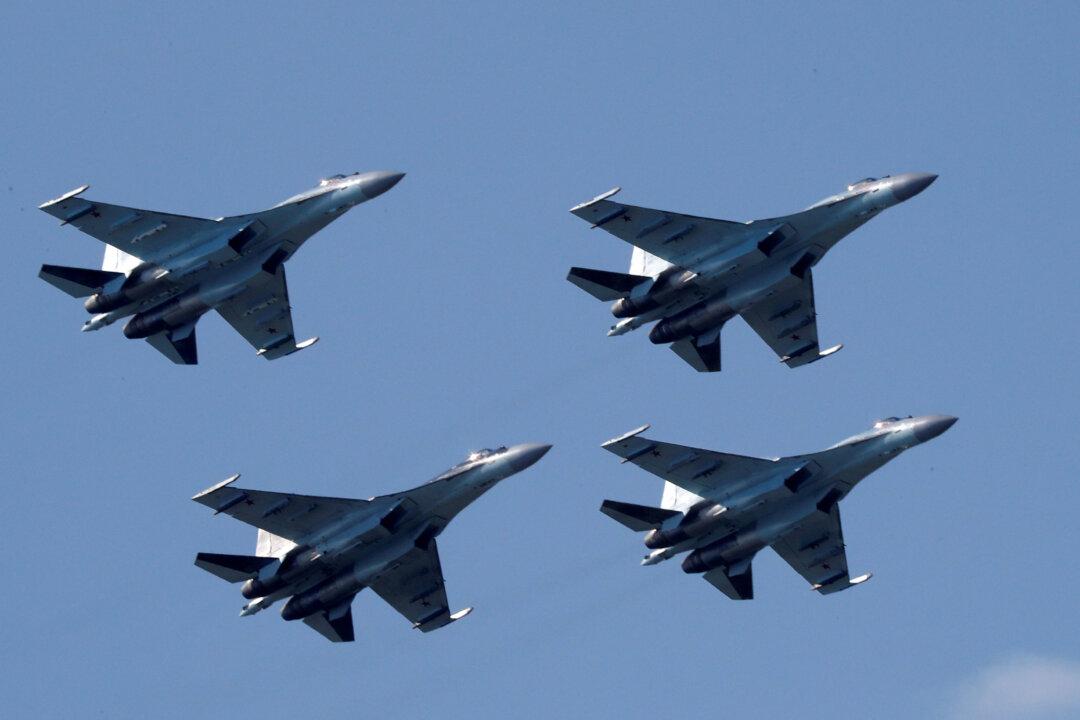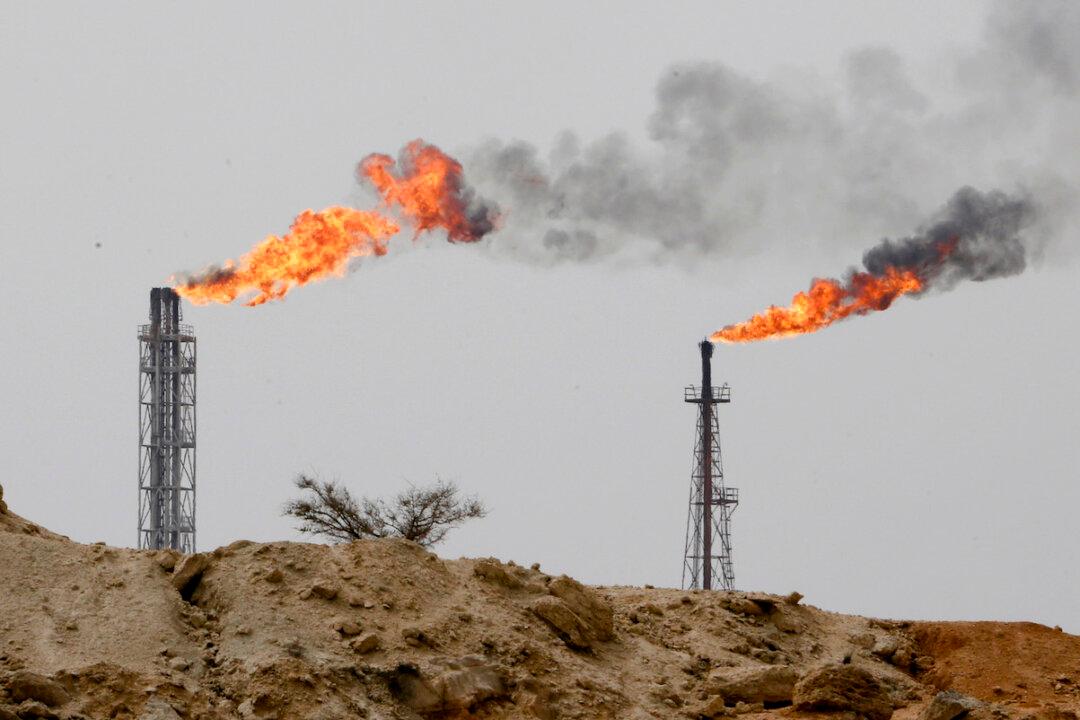Three U.S. P-8A Poseidon surveillance planes flying over the Mediterranean Sea were subject to “unprofessional intercepts” from Russian military planes over the past weekend, said the Navy on Wednesday.
“We can confirm that over the course of last weekend, three U.S. Navy P-8A aircraft experienced unprofessional intercepts by Russian aircraft,” said Navy Capt. Mike Kafka, director of Defense Press Operations, in a statement on Wednesday. “The U.S. flight crews were flying in international airspace over the Mediterranean Sea at the time of these intercepts. We have made our concerns known to Russian officials through diplomatic channels.”





